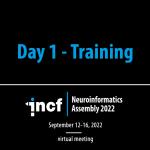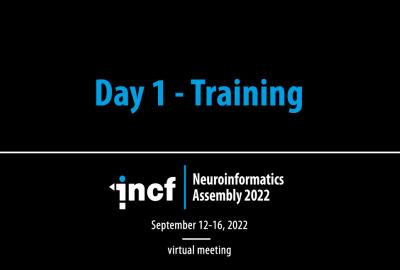This couse is the opening module for the University of Toronto's Krembil Centre for Neuroinformatics' virtual learning series Solving Problems in Mental Health Using Multi-Scale Computational Neuroscience. Lessons in this course introduce participants to the study of brain disorders, starting from elemental units like genes and neurons, eventually building up to whole-brain modelling and global activity patterns. Participants will also learn about the challenges and opportunities facing mental health researchers who investigate pathologies such as Major Depressive Disorder (MDD).
Introductory Concepts
This lesson is a general overview of overarching concepts in neuroinformatics research, with a particular focus on clinical approaches to defining, measuring, studying, diagnosing, and treating various brain disorders. Also described are the complex, multi-level nature of brain disorders and the data associated with them, from genes and individual cells up to cortical microcircuits and whole-brain network dynamics. Given the heterogeneity of brain disorders and their underlying mechanisms, this lesson lays out a case for multiscale neuroscience data integration.
The state of the field regarding the diagnosis and treatment of major depressive disorder (MDD) is discussed. Current challenges and opportunities facing the research and clinical communities are outlined, including appropriate quantitative and qualitative analyses of the heterogeneity of biological, social, and psychiatric factors which may contribute to MDD.











